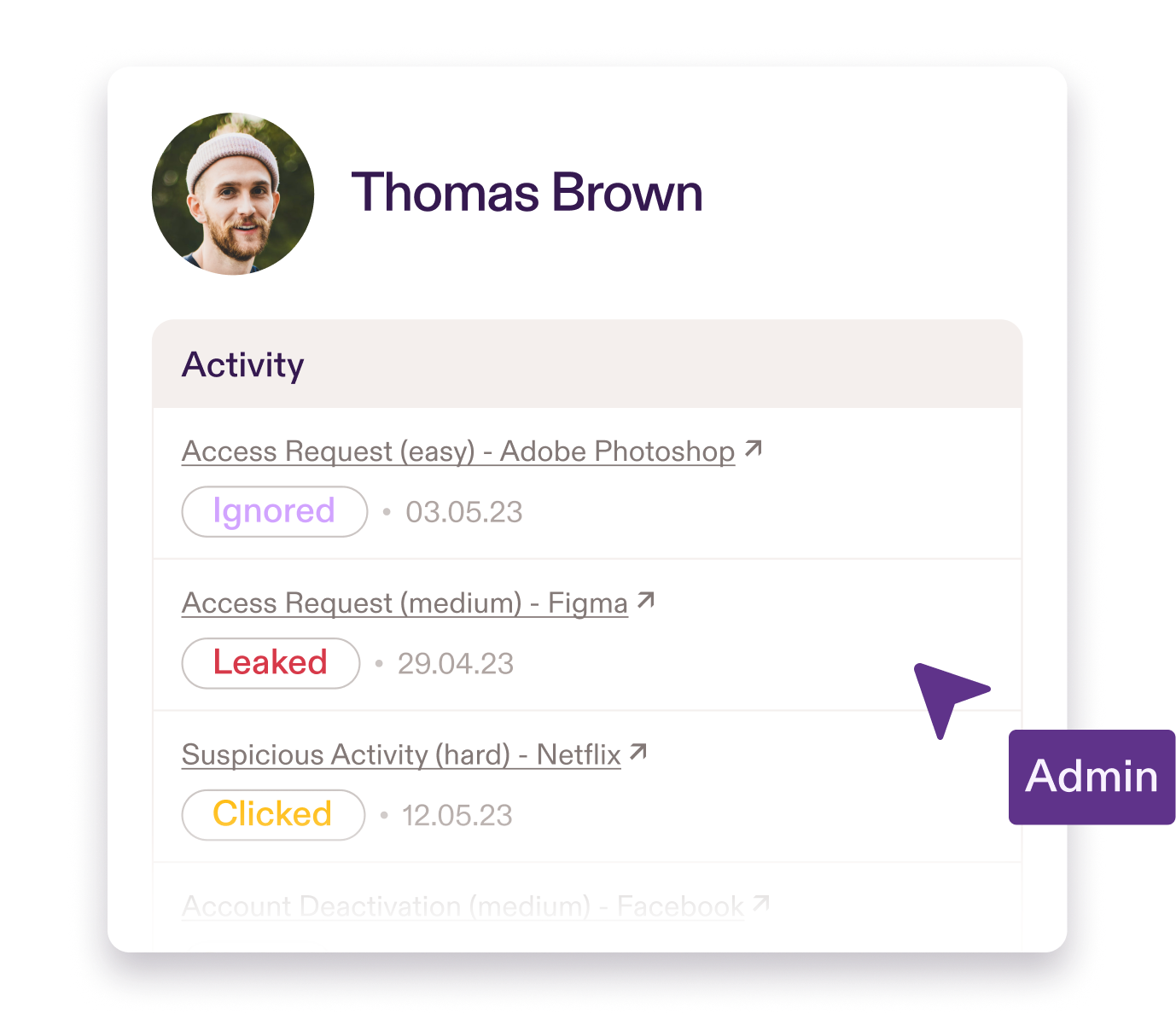In this age of digital convenience, QR codes have become an integral part of our lives. From restaurant menus to event tickets, these square-shaped patterns have made accessing information faster and easier than ever before. But with great convenience comes great responsibility and questions about safety: Are QR code scanners safe to use? Let’s dive into this dilemma.
The Basics: How QR Code Scanners Work
Before we can assess their safety, it's important to understand how QR code scanners function. When you scan a QR code with your smartphone, the app deciphers the code's encoded data, which often leads to a website link or some form of digital content. Essentially, QR code scanners are gateways to online information, connecting the physical to the digital world seamlessly.
In general, QR code scanner apps are safe to use. Reputable apps are available in app stores and are developed by trustworthy companies. These applications perform the simple task of reading data encoded within QR codes, and this core functionality, in and of itself, is secure. The security concerns surrounding QR codes tend to be more related to the content they link to, rather than the QR code scanners themselves.
Here are some of the primary concerns:
Fake QR Codes
Scammers create QR codes that resemble those used by legitimate businesses or organizations. These QR codes can be placed on stickers, posters, or even embedded in emails and text messages. They typically promise enticing rewards or urgent notifications to pique the victim's curiosity. To mitigate this risk, make sure you trust the source of the QR code, especially when scanning codes from unfamiliar places or links sent via email or text.
Redirecting to Phishing Sites
When you scan the QR code, it doesn't directly download a malicious file. Instead, it redirects you to a fake website that mimics a reputable one. For example, it might impersonate your bank, an online store, or a social media platform.
Once you're on the fake website, you're prompted to enter sensitive information like login credentials, credit card numbers, or social security numbers. This is where the scammer harvests your personal data, and you unwittingly hand it over, thinking you're on a legitimate site.
Permissions and Privacy
Some QR codes may request permissions to access your device's camera, location, or other data. It's crucial to be cautious when granting these permissions and to review what information you're sharing. Watch out for codes that want access to a lot of things they don't really need because it could be risky for your privacy.
Inconsistent Security Measures
Not all websites or applications linked to QR codes have robust security measures in place. This lack of security can expose your data to potential vulnerabilities.
Spreading Malware
Scanning a malicious QR code can also lead to the installation of malware on your device. Before you go to a website through a QR code, take a quick look at the web address it's sending you to. If it seems weird or doesn't match what you thought you'd find, it's a good idea to stop and not go any further.
The Verdict
Using QR code scanners is usually safe when you're careful. The main thing to watch out for is the codes you scan and the apps you use to scan them. If you're careful and do things the right way, you can use QR codes without worrying about your safety.
Just like with any technology, it's important to stay informed and be cautious. QR codes have made things easier for us, but it's still important to use them responsibly.
Understanding the Threat
As QR codes continue to permeate our daily lives, their security takes center stage. The surge in QR code phishing scams and the potential vulnerabilities associated with these codes underscore the critical importance of ensuring that users are well-informed about the security implications of QR code scanners.
We're living in an age where learning about cybersecurity isn't just a good idea – it's something we all need to do to stay safe. Here at Pistachio, we understand just how vital it is to educate people about cybersecurity. We truly believe that educated individuals are the key to making our digital world safer. That's why we've developed a platform that makes learning about cybersecurity easy and non-disruptive. We want to help people seamlessly integrate cybersecurity knowledge into their daily lives without any stress.
As we journey through this digital landscape, let's remember that while QR codes have made our lives more convenient, staying vigilant and informed is the key to ensuring a safer, secure, and seamless digital experience.

